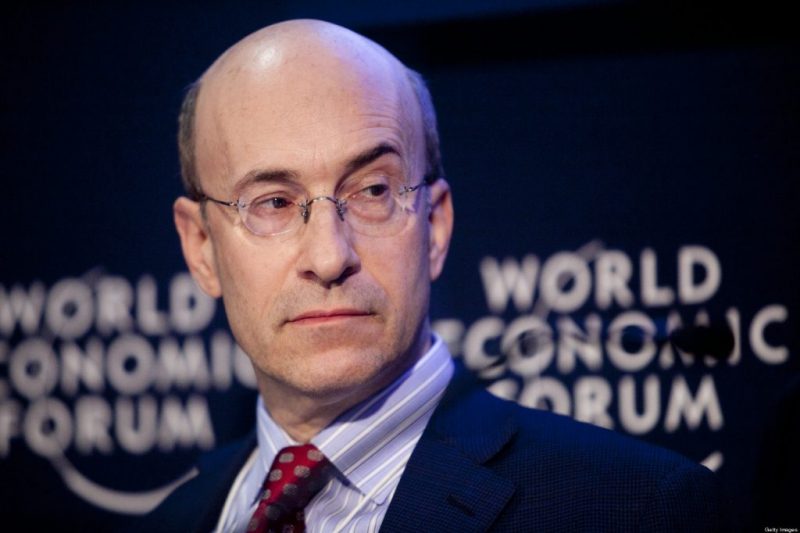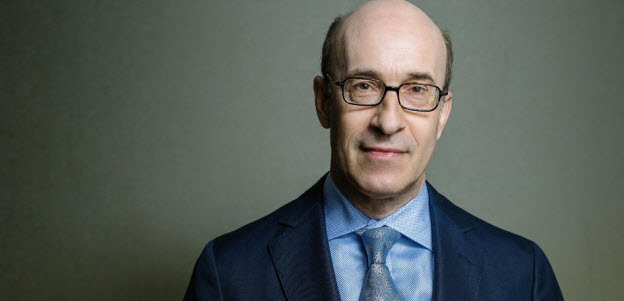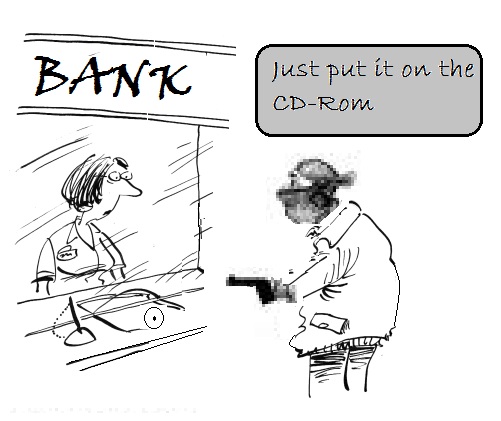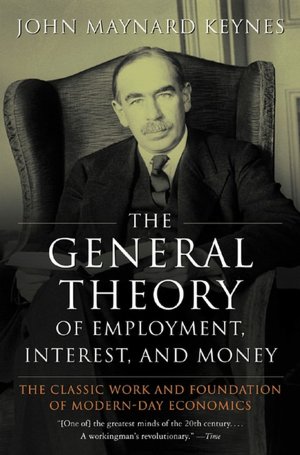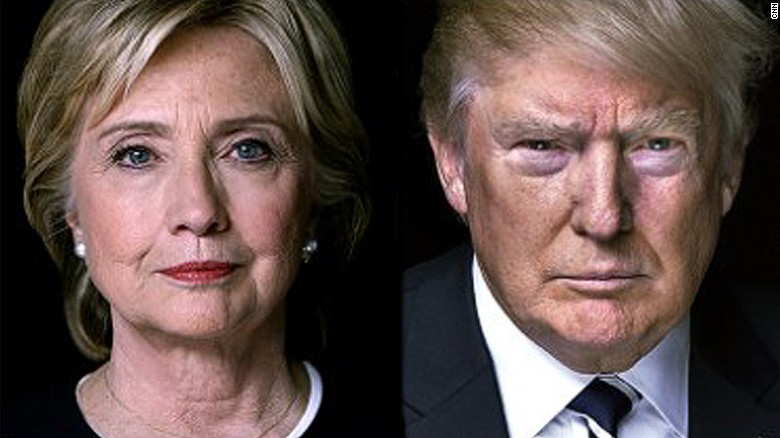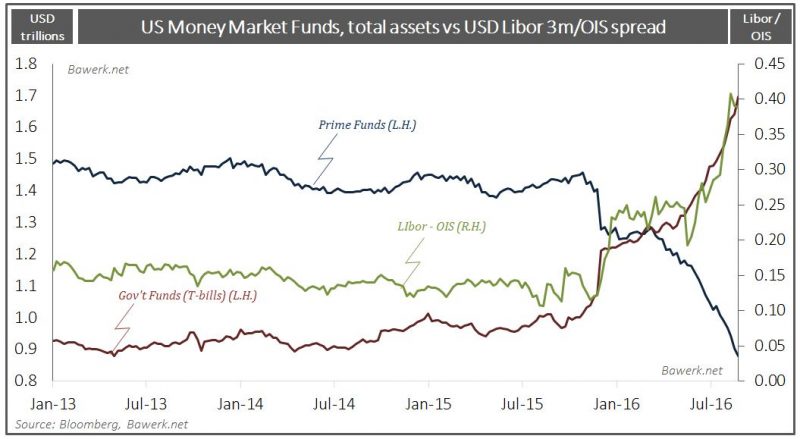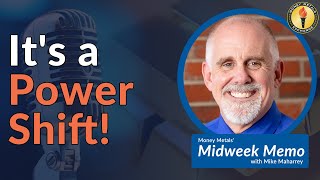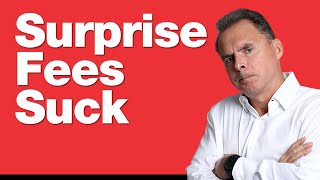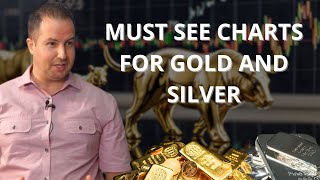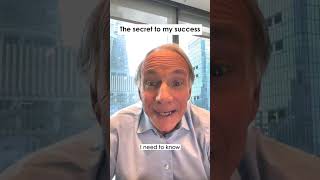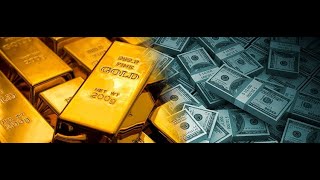Category Archive: 6b) Austrian Economics

Follow the Money
PARIS – It’s back to Europe. Back to school. Back to work. Let’s begin by bringing new readers into the discussion… and by reminding old readers (and ourselves) where we stand. US economic growth: average annual GDP growth over time spans ranging from 120 to 10 years (left hand side) and the 20 year moving average of annual GDP growth since 1967
Read More »
Read More »
Cash Bans and the Next Crisis
Money sometimes goes “full politics”. Take poor Kenneth Rogoff at Harvard. He wants a dollar with a voter registration card, a U.S. flag on its windshield, and a handgun in its belt – the kind of money that supports the Establishment and votes for Hillary.
Read More »
Read More »
Rogoff Warns “Cash Is Not Forever, It’s A Curse”
Kenneth Rogoff, Professor of Public Policy at Harvard University, postulates to get rid of cash. In his opinion, killing big bills would hamper organized crime and make negative interest more effective. Kenneth Rogoff makes a provocative proposal. One of the most influential economists on the planet, he wants to phase out cash.
Read More »
Read More »
Case For -2 percent Rates, Banning Cash? Jim Grant Blasts Lunatic Proposals
Looking for group think, extrapolation of extreme silliness, linear thinking, and belief in absurd models? Then look no further than Fed presidents, their advisors, and academia loaded charlatan professors. Today’s spotlight is on Marvin Goodfriend, a former economist and policy advisor at the Federal Reserve’s Bank of Richmond, and Ken Rogoff, a chaired Harvard economics professor, a one-time chief economist at the International Monetary Fund.
Read More »
Read More »
Fiction, Fairy Tales, and Fiat
Do young Americans today know anything about economics? No, they don't, according to a study during the 2016 presidential primary season, which says lots of other Americans don't either. The survey found 58% of millennials favor government-run socialism (statistically 6 out of 10), while a nearly identical number (64%) don't want government interference in free markets.
Read More »
Read More »
Negative and the War On Cash, Part 2: “Closing The Escape Routes”
History teaches us that central authorities dislike escape routes, at least for the majority, and are therefore prone to closing them, so that control of a limited money supply can remain in the hands of the very few. In the 1930s, gold was the escape route, so gold was confiscated. As Alan Greenspan wrote in 1966:
Read More »
Read More »
How is Real Wealth Created?
An Abrupt Drop. Let’s turn back to our regular beat: the U.S. economy and its capital markets. We’ve been warning that the Fed would never make any substantial increase to interest rates. Not willingly, at least. Each time Fed chief Janet Yellen opens her mouth, out comes a hint that more rate hikes might be coming.
Read More »
Read More »
US Economy – Curious Pattern in ISM Readings
Head Fake Theory Confirmed? This is a brief update on our last overview of economic data. Although we briefly discussed employment as well, the overview was as usual mainly focused on manufacturing, which is the largest sector of the economy by gross output.
Read More »
Read More »
Cash in a box catches on as Swiss negative rates bite
It’s a sign the world is getting used to negative interest rates when what once seemed bizarre starts looking like the norm. Consider Switzerland, where more and more companies are taking out insurance policies to protect their cash hoards from theft or damage.
Read More »
Read More »
John Maynard Keynes’ General Theory Eighty Years Later
The “Scientific” Fig Leaf for Statism and Interventionism. To the economic and political detriment of the Western world and those economies beyond which have adopted its precepts, 2016 marks the eightieth anniversary of the publication of one of, if not, the most influential economics books ever penned, John Maynard Keynes’ The General Theory of Employment, Interest and Money.
Read More »
Read More »
Negative Rates and The War On Cash, Part 1: “There Is Nowhere To Go But Down”
As momentum builds in the developing deflationary spiral, we are seeing increasingly desperate measures to keep the global credit ponzi scheme from its inevitable conclusion. Credit bubbles are dynamic — they must grow continually or implode — hence they require ever more money to be lent into existence.
Read More »
Read More »
Labour Productivity, Taxes and Okun’s Law
The great “science” of economics once discovered an empirical relationship between GDP and unemployment that has been dubbed Okun’s Law. It simply states that the unemployment rate rises as GDP contracts, or vice versa, as production shrinks less peo...
Read More »
Read More »
Shrewd Financial Analysis in the Year 2016
“Markets make opinions,” says the old Wall Street adage. Perhaps what this means is that when stocks are going up, many consider the economy to be going great. Conversely, when stocks tank it must be because the economic sky is falling.
Read More »
Read More »
How Does It All End? Part II
Low Rates Forever, Nothing much is happening in the money world. The press reports that traders are hanging loose, wondering what dumb thing the Fed will do next. Rumor has it that it may decide to raise rates in September, or maybe November… or maybe not at all.
Read More »
Read More »
How Does It All End?
In 1900, a survey was done. “What do you see coming?” asked the pollsters. All of those people questioned forecast better times ahead. Machines were just making their debut, but already people saw their potential. You can see some of that optimism on display today in the Paris Metro. In the Montparnasse station is an illustration from the late 1800s of what the artist imagined for the next century.
Read More »
Read More »
US Presidential Election – How Reliable are the Polls?
Is Clinton’s Lead Over Trump as Large as Advertised? Once upon a time, political polls tended to be pretty accurate (there were occasional exceptions to this rule, but they were few and far between). Recently there have been a few notable misses though. One that comes to mind is the Brexit referendum.
Read More »
Read More »
Central Banks = Welfare for the Wealthy
The fact that central banks provide welfare for the wealthy is now entering the mainstream. The fact that all central bank policies since 2008 have dramatically increased wealth and income inequality is now grudgingly being accepted as reality by mainstream economists and the financial media. The central banks' PR facade of noble omniscience on behalf of the great unwashed masses has cracked wide open.
Read More »
Read More »
Mission Creep – How the Fed will justify maintaining its excessive balance sheet
FOMC have changed their normalizing strategy several times and we now see the contours of yet another shift. The Federal Reserve was supposed to reduce its elevated balance sheet before moving interest higher as it would be impossible to increase the fed funds rate in the old fashioned way when the market was saturated with trillions of dollars in excess reserves.
Read More »
Read More »
The Idea that Overseas Manufacturing Jobs will Return to the US is Pure Fantasy
As we enter the final lap of the presidential race in the United States, as always, the two candidates will say just about anything to secure your vote. And of course the economy is a major topic of conversation. Loud calls for both higher wages and more jobs dominate the rhetoric. Naturally, Hillary Clinton and Donny Trump claim they can easily solve both of these problems. I can only laugh at their certitude. They are so wrong… and like true...
Read More »
Read More »









